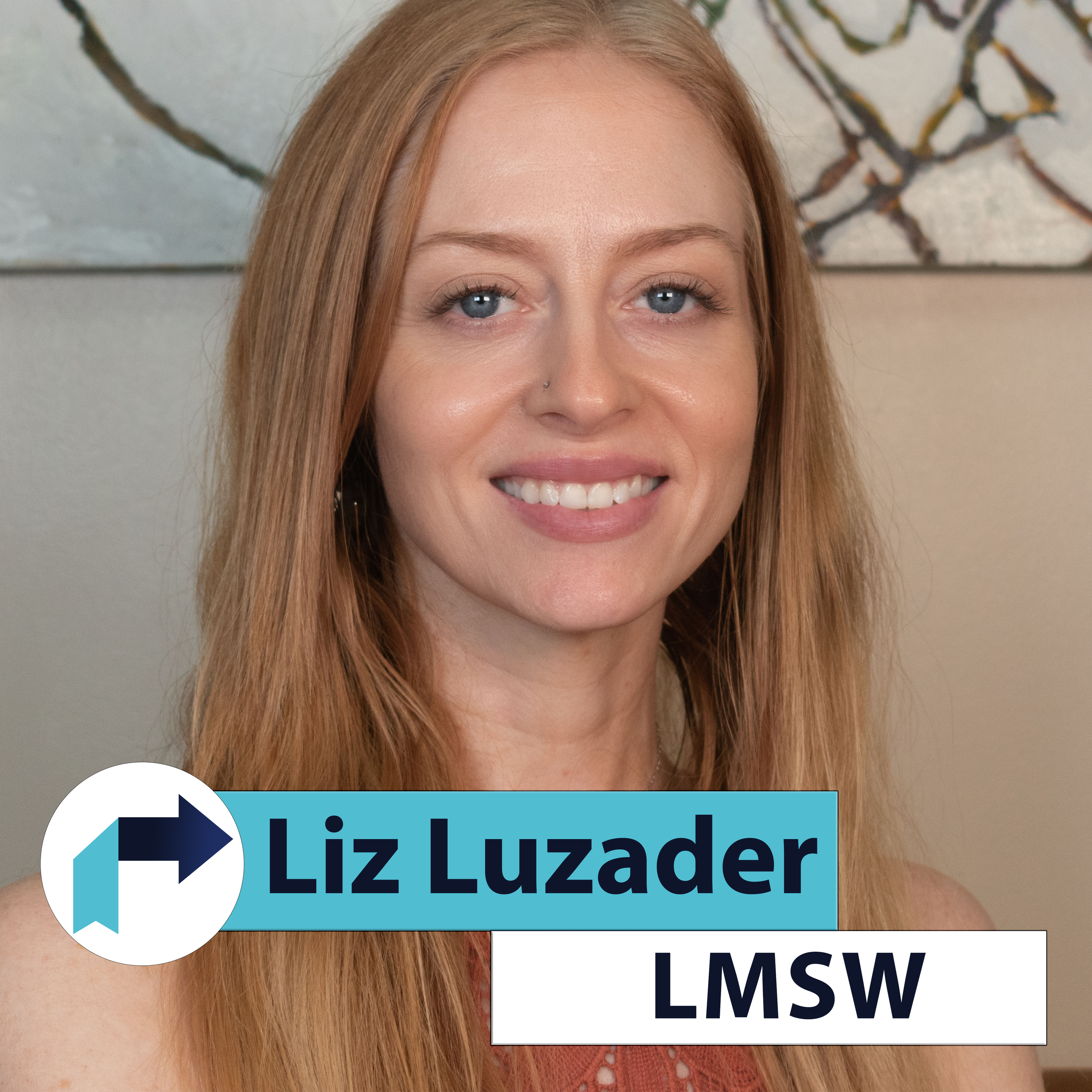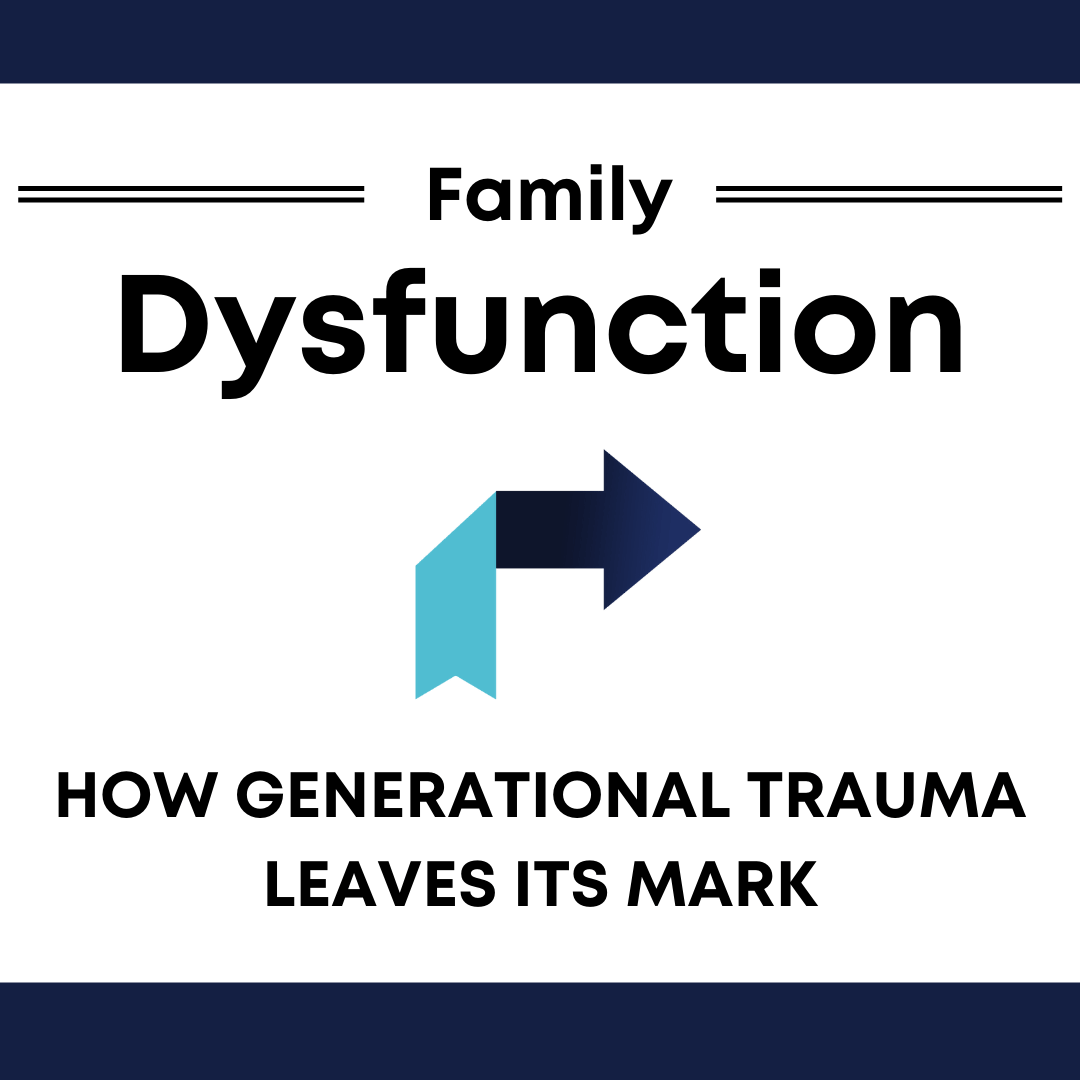Forest Sitting: Embracing Tranquility and Connection with Nature
/In the midst of our busy and technology-driven lives, finding moments of peace and solace can be a challenge. However, there is a mindful practice that allows us to slow down, immerse ourselves in nature, and find serenity amidst the trees - forest sitting. More than just a mere pastime, forest sitting is a meditative and contemplative experience that encourages us to connect with the natural world on a profound level. In this blog, we will explore the art of forest sitting, its benefits, and how it can help us cultivate a deeper bond with nature.
1. The Essence of Forest Sitting
Forest sitting, also known as tree sitting or woodland meditation, involves spending time in a forest or wooded area, ideally away from human disturbances. Unlike traditional meditation, forest sitting doesn't require a specific posture or focused breath control. Instead, it invites us to embrace stillness, silence, and the beauty of nature surrounding us.
2. Mindfulness in Nature
At the heart of forest sitting lies mindfulness - the practice of being fully present in the moment without judgment. As we sit among the trees, we become aware of the sights, sounds, and sensations that nature offers. The rustling of leaves, the chirping of birds, and the fragrance of the earth become our anchors to the present.
3. Nurturing Mental Well-being
The practice of forest sitting has profound benefits for our mental health. Studies have shown that spending time in nature reduces stress, anxiety, and depression. Forest sitting allows us to escape the noise of daily life, providing a sanctuary for our minds to unwind and recharge. It fosters a sense of tranquility and helps us gain perspective on life's challenges.
4. Connection with Nature
In a world increasingly disconnected from the natural world, forest sitting offers an opportunity to rekindle our relationship with nature. As we sit amidst the trees, we begin to recognize our interconnectedness with the environment and the intricate web of life that sustains us. This newfound appreciation can inspire us to become better stewards of the earth.
5. Heightening Senses
In the forest, our senses come alive. The symphony of natural sounds, the vibrant colors of foliage, and the textures of the forest floor awaken our senses in a way that urban environments seldom do. Forest sitting heightens our awareness and allows us to explore the world around us through a different lens.
6. A Gateway to Self-Reflection
In the tranquil embrace of the forest, our minds naturally turn inward. Forest sitting creates a space for self-reflection and introspection. It enables us to explore our thoughts and emotions without judgment, fostering a deeper understanding of ourselves and our place in the natural world.
7. Practicing Gratitude
As we sit surrounded by the majesty of nature, feelings of gratitude naturally arise. Gratitude for the trees that provide oxygen, the wildlife that calls the forest home, and the beauty that nurtures our spirits. Forest sitting reminds us to be grateful for the gifts that nature bestows upon us daily.
Forest sitting is a gentle invitation to disconnect from the rush of modern life and reconnect with the timeless wisdom of nature. Through this practice, we learn to be present, mindful, and grateful for the natural wonders that surround us. Forest sitting nurtures our mental well-being, strengthens our bond with the environment, and empowers us to become mindful stewards of our planet. So, the next time you find yourself yearning for serenity and connection, venture into the embrace of the forest, sit quietly, and let nature's wisdom reveal its wonders to you.
Connect with nature through Memphis Mushroom Festival
Experience the powerful healing of nature through the annual Memphis Mushroom Festival, a multi-day experiential event celebrating nature, sustainability, healthy foods, and plant medicines. Held at the stunning Meeman-Shelby Forest Park, the festival offers a chance to immerse in self-sufficiency skills and self-care practices, all while enjoying the serene 13,000-acre forest setting.
Ready for positive change?
Forward Counseling provides effective tools and support to promote healing. We assist clients in nurturing present-moment mindfulness, fostering self-compassion, and employing mindfulness practices to enhance concentration and focus, ultimately contributing to their personal development and overall well-being.
















